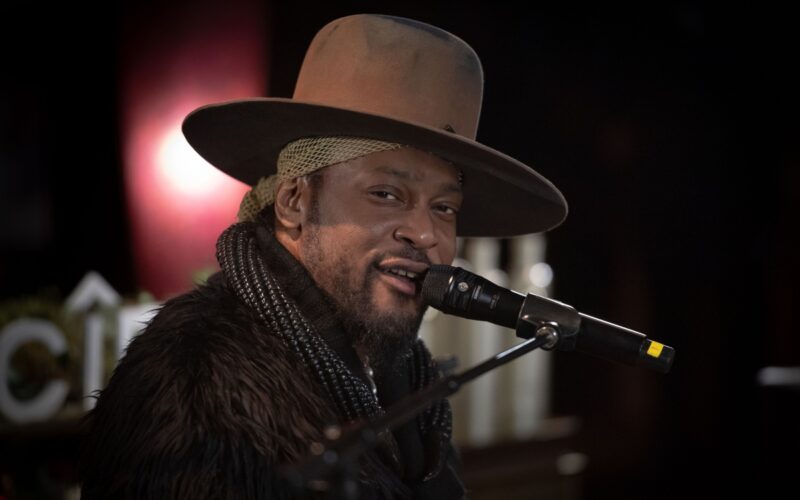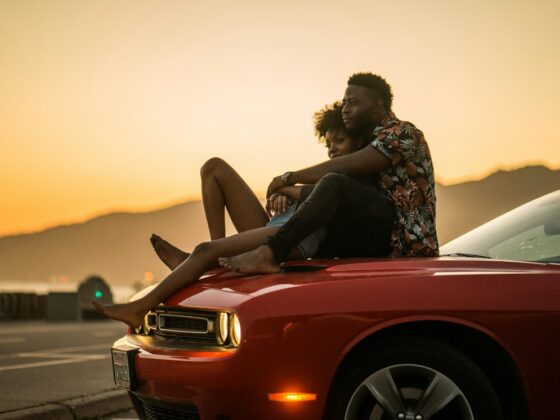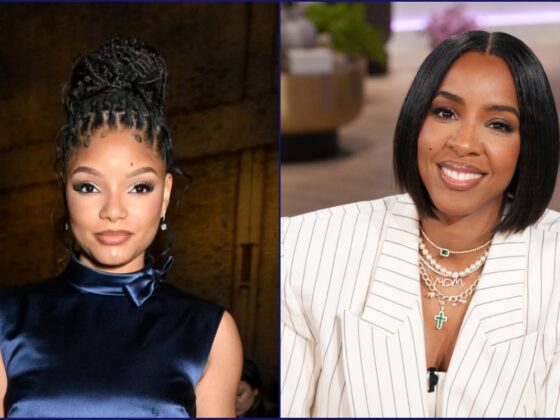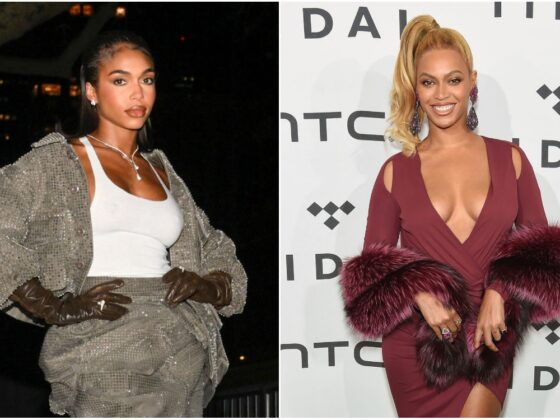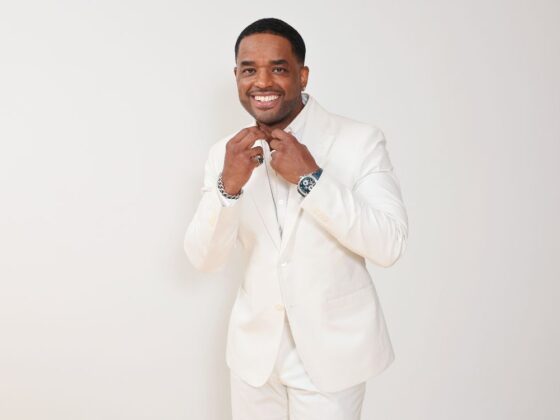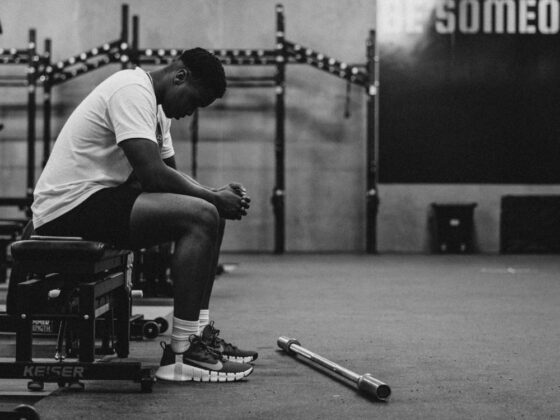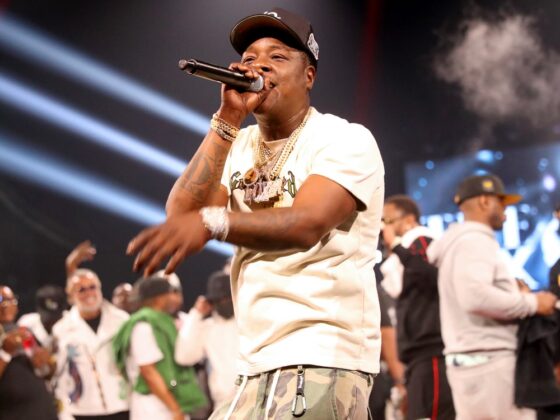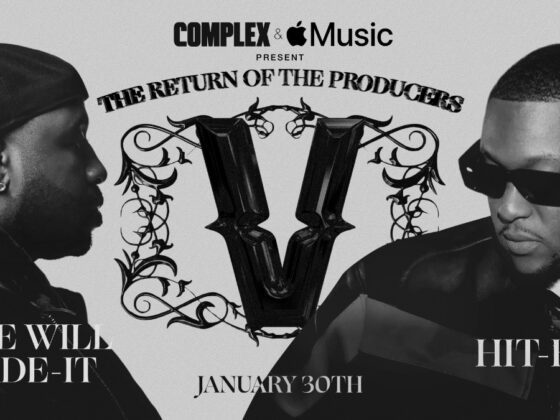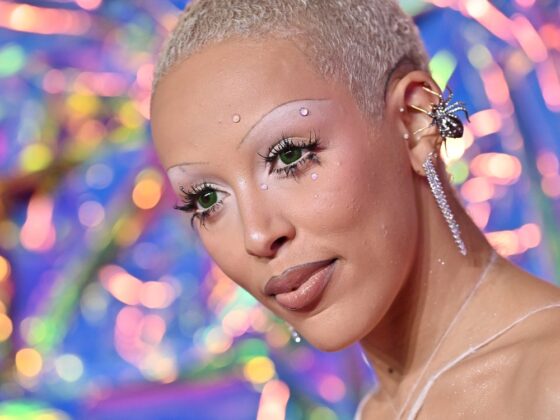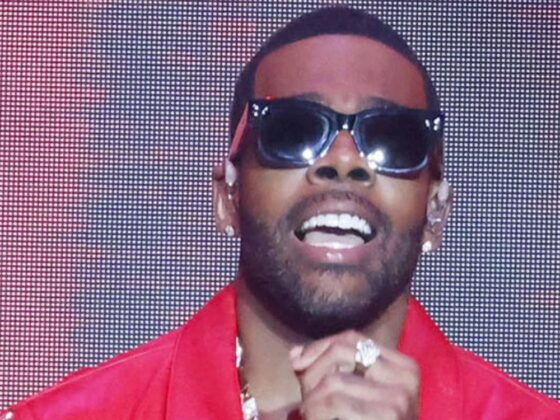Written by Ovetta Wiggins
D’Angelo was a visionary, a musical genius, and a neo-soul pioneer whose music, infused with Gospel, funk, soul, and Hip-Hop, ministered to and defined a generation.
For many Black Gen-Xers, D’Angelo was also a musical revivalist who stepped into the iconic status of pop legends of Michael Jackson, Stevie Wonder and Prince. D’Angelo took inspiration from gospel and added the soul and funk of the 1970s to become one of the primary architects of neo-soul, a genre that a new generation of R&B crooners would try to emulate.
His collection of work — just three tightly crafted albums — was revered among fans, critics and fellow musicians alike, many of whom expressed their spirited appreciation for his musical contributions after news spread that the legendary singer, songwriter, and producer died at the age of 51, following a bout with cancer.
“because u were, we are all because,” neo-soul singer Maxwell wrote on Instagram.
In another tribute, actor and singer Jamie Foxx recalled his first time hearing D’Angelo’s voice: “I said to myself damn whoever this is they are anointed…your voice was silky and flawless…I was graciously envious of your style and your swag.”
In 1995, D’Angelo took the music industry by storm with his debut album, Brown Sugar, a compilation that featured top Billboard hits, “Lady,” “Cruisin’” and “Brown Sugar.” The album was revolutionary, blending the lyrical and stylistic elements of hip-hop with the old, classic soul of Al Green and Marvin Gaye and the Hammond organ sound so familiar to generations of churchgoing Black Americans to become both a spiritual and sensual experience.
He would go on to release two more critically acclaimed albums, Voodoo, which won a Grammy for best R&B album in 2001 for his song “Untitled (How Does It Feel),”and Black Messiah, which topped several music critics’ best album of 2014 lists. Black Messiah also one the Grammy for best R&B album.
It was D’Angelo’s video for “Untitled (How Does It Feel)” in the early 2000s that catapulted him into a sex symbol, a status that he reportedly was uncomfortable with holding.
The video features a cornrow-wearing, tattoo-adorned D’Angelo alone, set against a black screen, singing a love song in his signature sultry, falsetto voice. It begins with a shot of his hair, moves to his lips, and later to his abdominal and hip muscles. D’Angelo is wearing only a gold chain with a cross.
“It’s so sexy,” Danyel Smith, the former editor in chief of Vibe, told The New York Times in a 2000 article about the initially controversial video. “It’s about time that girls had something luscious to look at while they’re listening to a song. For years, men have been treated to breasts and butts along with their favorite songs, and women have had to just sit there and endure.”
And it inspired a generation of tattooed R&B singers to take to the stage with workout routines and abs as well-honed as their musical catalogs.
Michael D’Angelo Archer, better known as D’Angelo, was born February 11, 1974, in Richmond, Va., to Mariann Smith, a legal secretary, and Luther Archer Sr., a Pentecostal preacher.
Much of his musical background stemmed from his Pentecostal upbringing. At age 3, his older brother came home and found him playing the piano. “It was not banging, it was a full-fledged song, with melody and bass line,” Luther Archer told Rolling Stone in a 2000 article. Shortly after, young D’Angelo was sliding down to reach the pedals of the Hammond organ at his father’s church, his brother said.
In his teens, he formed a group with a childhood friend and performed around Richmond. At age 18, he moved to New York City, and his big break came in 1991 when they hit the Apollo Theater’s stage to perform in its famed Amateur Night.
Known for stretching the limits of R&B, D’Angelo said in a 1996 interview he just wanted to make “black music. That’s the only outline for me, really. That’s the only boundary to stay with. It’s soul music…”
“Music is me,” he said later in the interview. “That’s what I am, really.”
D’Angelo would go on to work with several fellow neo-soul luminaries, including Ahmir “Questlove” Thompson, Raphael Saadiq, and Angie Stone, with whom he shared a son, Michael Archer Jr. Stone died in March in a car accident.
For the last decade, D’Angelo largely remained out of the public eye. He performed at the Tribeca Film Festival in 2019 for the premiere of “Devil’s Pie: D’Angelo,” a documentary about his life, including his addictions and his struggles with fame, and in 2021 for an event highlighting the music of Red Dead Redemption 2.
In May, he was scheduled to appear at the annual Roots Picnic in Philadelphia but reportedly canceled because of complications from an unspecified surgery. More recently, there were rumors that he and frequent collaborator Raphael Saadiq were working on new music.
But, on Oct. 14, his family released a statement that “the shining light of our family has dimmed his light for us in this life.” The family said D’Angelo died after a “prolonged and courageous battle” with cancer and expressed sorrow that they only have memories, but also gratitude that he leaves a “legacy of extraordinarily moving music.”
He is survived by his three children.
The post, originally titled, ‘R&B’s high priest, D’Angelo, rode a sanctified groove and showed music lovers what a Gen X musical genius could be’ first appeared on URL Media. Reprinted with permission.

